DL-2,4-DIAMINOBUTYRIC ACID DIHYDROCHLORIDE
- CAS NO.:65427-54-5
- Empirical Formula: C4H12Cl2N2O2
- Molecular Weight: 191.06
- MDL number: MFCD00012910
- EINECS: 265-774-6
- SAFETY DATA SHEET (SDS)
- Update Date: 2024-12-18 14:07:02

What is DL-2,4-DIAMINOBUTYRIC ACID DIHYDROCHLORIDE?
Chemical properties
Colorless crystals or white to off-white
The Uses of DL-2,4-DIAMINOBUTYRIC ACID DIHYDROCHLORIDE
2,4-Diaminobutyric Acid is also found to inhibit GABA transaminase, thus producing an elevation of GABA level, and to have an antitumor activity in vitro and in vivo against mouse fibrosarcoma cells. It is also used as an internal standard for amino acid analysis.
What are the applications of Application
DL-2,4-Diaminobutyric acid dihydrochloride is a racemic mixture of the selective GABA uptake inhibitors L-DABA and D-DABA
Biochem/physiol Actions
DL-2,4-Diaminobutyric acid is a racemic mixture of the selective GABA uptake inhibitors L-DABA and D-DABA. DL-2,4-diaminobutyric acid is found in cell-wall peptidoglycan of Leifsonia bigeumensis sp. Nov.
Properties of DL-2,4-DIAMINOBUTYRIC ACID DIHYDROCHLORIDE
| Melting point: | 197 °C (dec.)(lit.) |
| storage temp. | -20°C |
| solubility | H2O: 50 mg/mL, clear |
| form | Solid |
| color | White to Off-White |
| Water Solubility | Soluble in water 50 mg/mL. |
| Sensitive | Hygroscopic |
| BRN | 4708499 |
| CAS DataBase Reference | 65427-54-5(CAS DataBase Reference) |
| EPA Substance Registry System | Butanoic acid, 2,4-diamino-, dihydrochloride (65427-54-5) |
Safety information for DL-2,4-DIAMINOBUTYRIC ACID DIHYDROCHLORIDE
| Signal word | Danger |
| Pictogram(s) |
 Corrosion Corrosives GHS05  Exclamation Mark Irritant GHS07 |
| GHS Hazard Statements |
H314:Skin corrosion/irritation H315:Skin corrosion/irritation H319:Serious eye damage/eye irritation H335:Specific target organ toxicity, single exposure;Respiratory tract irritation |
| Precautionary Statement Codes |
P261:Avoid breathing dust/fume/gas/mist/vapours/spray. P264:Wash hands thoroughly after handling. P264:Wash skin thouroughly after handling. P280:Wear protective gloves/protective clothing/eye protection/face protection. P310:Immediately call a POISON CENTER or doctor/physician. P304+P340:IF INHALED: Remove victim to fresh air and Keep at rest in a position comfortable for breathing. P305+P351+P338:IF IN EYES: Rinse cautiously with water for several minutes. Remove contact lenses, if present and easy to do. Continuerinsing. P405:Store locked up. |
Computed Descriptors for DL-2,4-DIAMINOBUTYRIC ACID DIHYDROCHLORIDE
New Products
Tert-butyl bis(2-chloroethyl)carbamate (S)-3-Aminobutanenitrile hydrochloride N-Boc-D-alaninol N-BOC-D/L-ALANINOL N-octanoyl benzotriazole 4-Hydrazinobenzoic acid 3,4-Dibenzyloxybenzaldehyde 1,1’-CARBONYLDIIMIDAZOLE R-2-BENZYLOXY PROPIONIC ACID 1,1’-CARBONYLDI (1,2-4 TRIAZOLE) 4-HYDROXY BENZYL ALCOHOL 3-NITRO-2-METHYL ANILINE (2-Hydroxyphenyl)acetonitrile 4-Bromopyrazole 5-BROMO-2CYANO PYRIDINE 5,6-Dimethoxyindanone 5-broMo-2-chloro-N-cyclopentylpyriMidin-4-aMine 4-methoxy-3,5-dinitropyridine 2-(Cyanocyclohexyl)acetic acid 2-aminopropyl benzoate hydrochloride 1-(4-(aminomethyl)benzyl)urea hydrochloride tert-butyl 4- (ureidomethyl)benzylcarbamate diethyl 2-(2-((tertbutoxycarbonyl)amino) ethyl)malonate Ethyl-2-chloro((4-methoxyphenyl)hydrazono)acetateRelated products of tetrahydrofuran
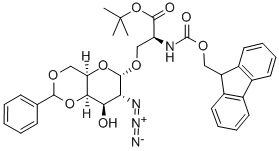
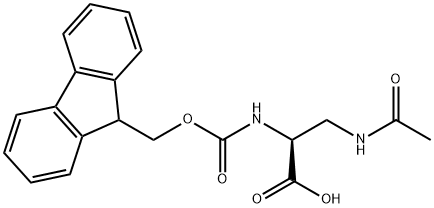


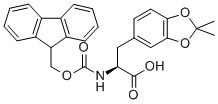
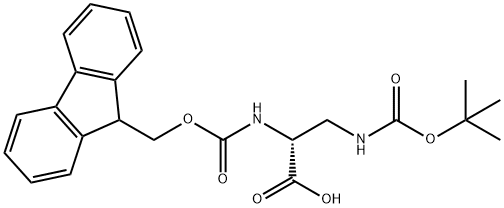
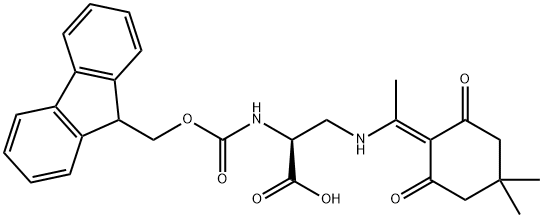

You may like
-
 DL-2,4-Diaminobutyric acid dihydrochloride 98% (HPLC) CAS 65427-54-5View Details
DL-2,4-Diaminobutyric acid dihydrochloride 98% (HPLC) CAS 65427-54-5View Details
65427-54-5 -
 Dl-2,4-diaminobutyric acid diHCl 95% CAS 65427-54-5View Details
Dl-2,4-diaminobutyric acid diHCl 95% CAS 65427-54-5View Details
65427-54-5 -
 DL-2,4-Diaminobutyric Acid Dihydrochloride CAS 65427-54-5View Details
DL-2,4-Diaminobutyric Acid Dihydrochloride CAS 65427-54-5View Details
65427-54-5 -
 55441-95-7 99%View Details
55441-95-7 99%View Details
55441-95-7 -
 N-Vinylformamide 99%View Details
N-Vinylformamide 99%View Details
13162-05-5 -
 Chloro Uracil 1820-81-1 99%View Details
Chloro Uracil 1820-81-1 99%View Details
1820-81-1 -
 2-ethyl-6-methyl-3-hydroxypyridine succinate 99%View Details
2-ethyl-6-methyl-3-hydroxypyridine succinate 99%View Details
127464-43-1 -
 2-ETHYLPYRIDINE 100-71-0 99%View Details
2-ETHYLPYRIDINE 100-71-0 99%View Details
100-71-0
Statement: All products displayed on this website are only used for non medical purposes such as industrial applications or scientific research, and cannot be used for clinical diagnosis or treatment of humans or animals. They are not medicinal or edible.